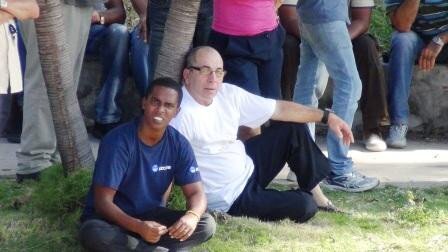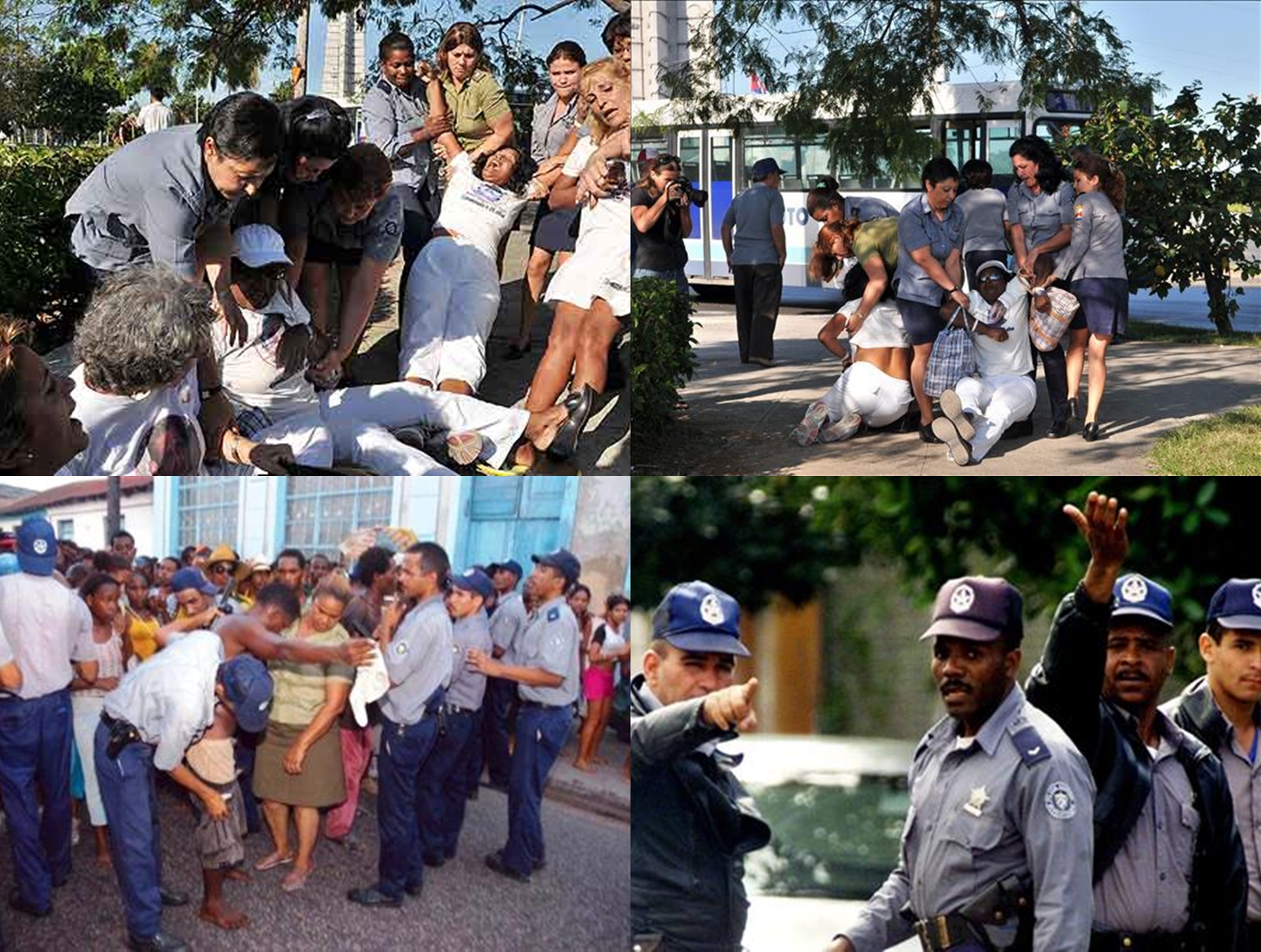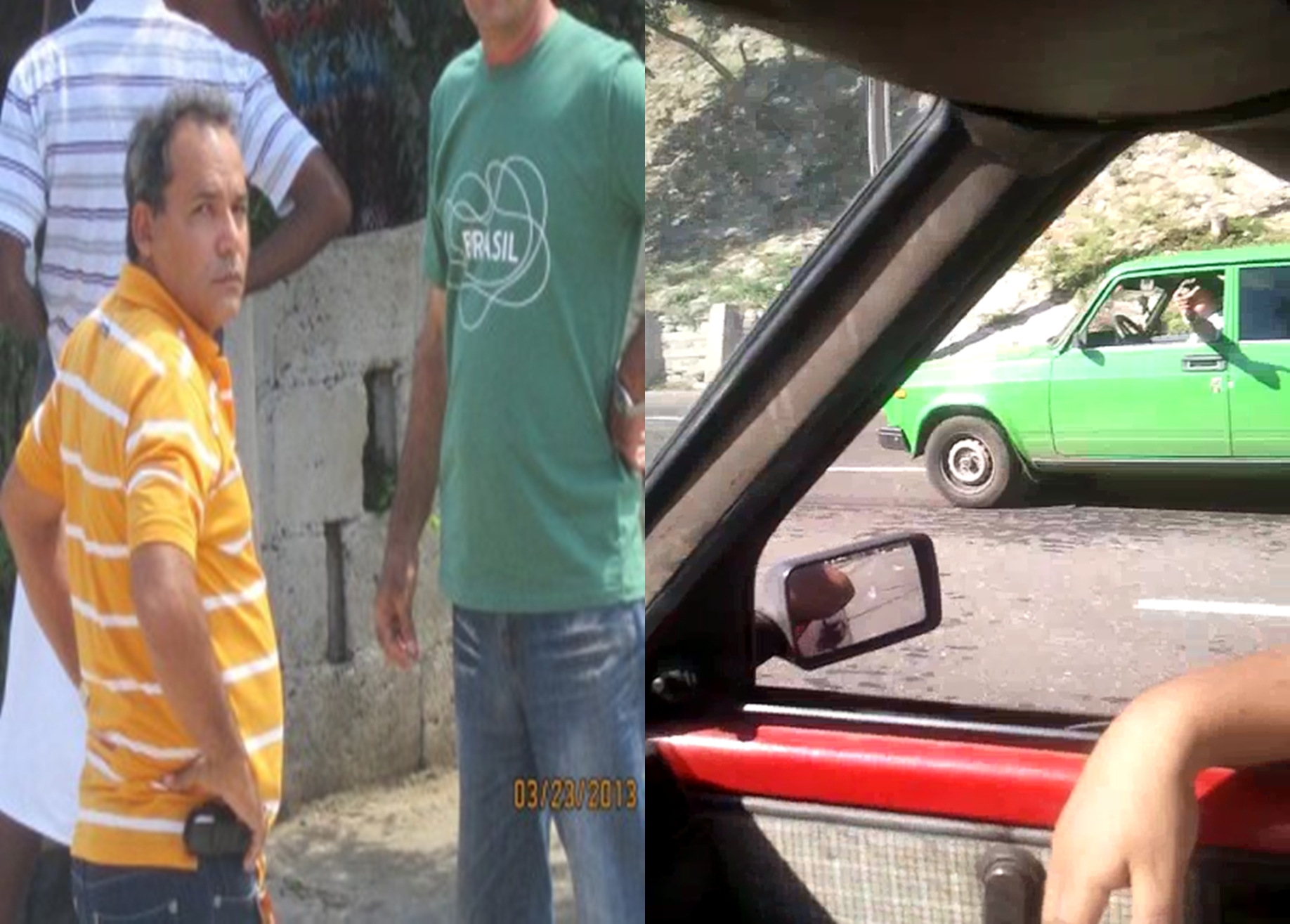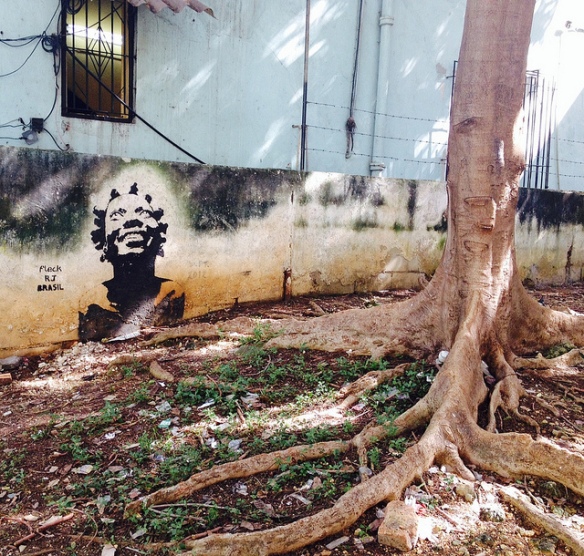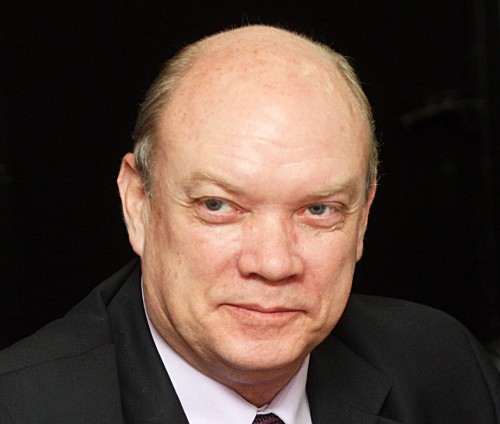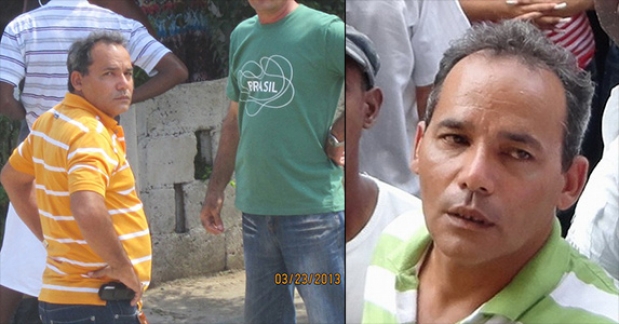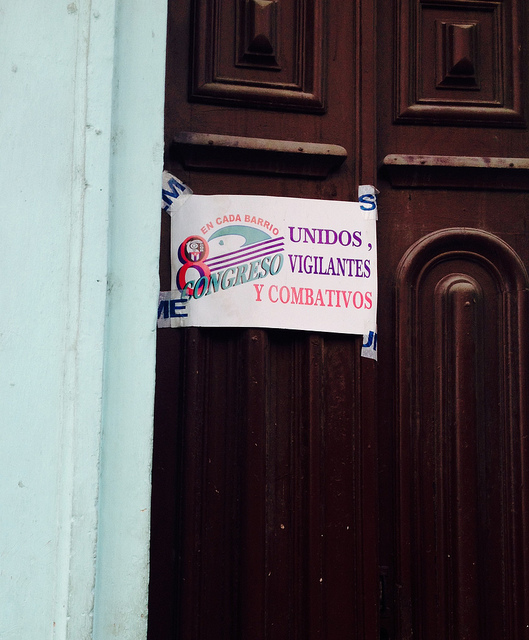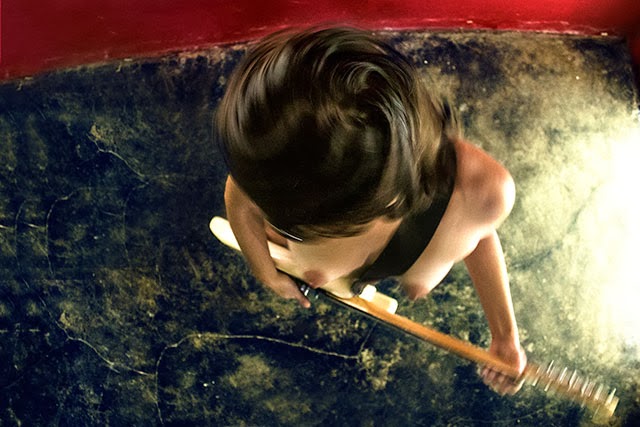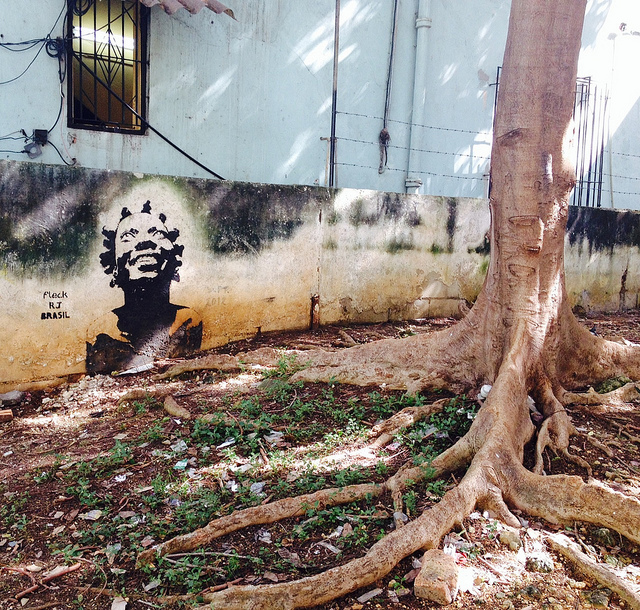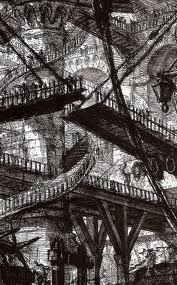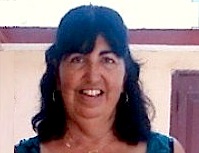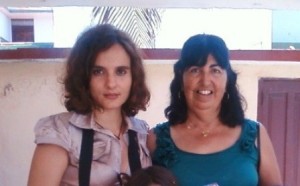The greatness of Nelson Mandela clearly shows the deficiencies of the world’s current political class.
If the Fab Four from Liverpool revolutionized music, and the Scottish scientist Alexander Fleming discovered penicillin one morning in 1928, which definitely slowed the deadly pandemics, Madiba leaves as a legacy a master class of how to do politics in difficult times.
The current statesmen should take note. Given the hesitations and weaknesses of Obama (who does not want, does not know how, or is unable to deal with a hostile Congress and is overwhelmed by the worldwide spying of his special services around the globe), the gross mismanagement of Mariano Rajoy in Spain, or a dyed-in-the-wool autocrat like Syria’s Bashar al-Assad, who continues to slaughter his own people, every self-respecting statesman should learn from the political strategies of Nelson Mandela.
Mandela was not perfect. He was labeled a communist and disruptive, and until 2008 the FBI had him on their list of “terrorists.” But he knew how to maneuver in the turbulent waters of a nation where state racism prevailed, in the intrigues of his party, the African National Congress, and to achieve the miracle of national unity in South Africa.
The colossal undertaking began in jail. From a cell in Robben Prison, where for 27 years he was behind bars, until 1994 when Madiba became president, he understood that in conditions of political fragility, his mission was to make sure that everyone saw themselves represented in the first democratic government of their country.
He was a president for all South Africans. Not just for his supporters. He could have taken revenge. He had the majority. He controlled all the levers of power that would have allowed him to polarize society and adopt strategies of retaliation on behalf of justice for his people, where a majority of 27 million blacks were excluded and oppressed for decades by a regime that represented 3 million whites. He did not. He overcame hatred. He learned to forgive.
In his five years in office, Mandela sat chair of his magnificent policy. His ethics, honesty, and transparency were his hallmark. He was a partner of one and all, without ever compromising his political perspective. A man of diplomacy and respect for others.
His great friend in the Americas, Fidel Castro, retired from power, could also learn some lessons in transparency from Mandela’s conduct.
No one can doubt the sincere friendship that joined Castro with Madiba. Months after leaving prison, in July 1991, he visited Cuba. The Battle of Cuito Cuanavale, where Cuban and Angolan troops destroyed several South African columns, was the final blow to the hateful apartheid regime.
But the two statesmen are nothing alike in their methods of achieving national harmony. If Fidel Castro had been like Nelson Mandela, he long ago would have been sitting at the table to negotiate with his political opponents.
First he would have visited with the dissidents. Then with the White House. If Mandela had been Castro, the embargo would be ancient history. That ability of Mandela’s — to adapt to changing times and live with democratic rules — is something the former Cuban president does not have.
The first Castro still thinks like a fossil of the Cold War. The current dissidents should also take note of the attitude and strategies of Mandela.
If Madiba had been leader of the opposition on the island, he would have done more than send messages to the outside world denouncing violations of human rights. After analyzing the internal situation, he would have opted for a bigger and better job of social and political campaigning in neighborhoods and communities.
What could a guy like Mandela not have accomplished, if upon talking to ordinary people he had noticed that 8 out of 10 Cubans are tired of the old government and disgusted with the economic mismanagement of the Castros?
In Cuba we would have needed a Nelson Mandela. His precepts should be written in Gothic letters. And the devalued Criollo politicians, or those who aspire to be, should read them once a week. As if it were a Bible.
Iván García
Video: On June 27, 2008, Nelson Mandela and his wife Graça Machel attended the celebration of the 90th birthday of the man who changed history in South Africa. Fifty thousand people gathered in Hyde Park in London. At the outset, actor Will Smith spoke this phrase by Peter Gabriel: “If the world could have a father, the man who we would choose would be Nelson Mandela.” A highlight was the presence of Amy Winehouse (1983-2011). She sang “Free Nelson Mandela,” by Jerry Dammers, released on March 5, 1984, by the English group The Specials A.K.A., and which circled the world seeking the release of political prisoner 46664. It is one of the most famous songs dedicated to him. The others are: Ordinary Love (U-2), Mandela (Hugh Masekela), Nelson Mandela (Youssou N’Dour), Public Enemy (Prophets of Rage), Mandela (Carlos Santana) ; Freedom Now (Tracey Chapman) and Asimbonanga, by Johnny Clegg, written in English and Zulu. In this video you can see Mandela dancing and waving to the author and to the public in 1999, when he was 81 years old. — Tania Quintero
9 December 2013
